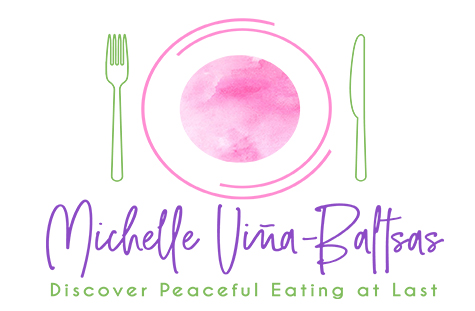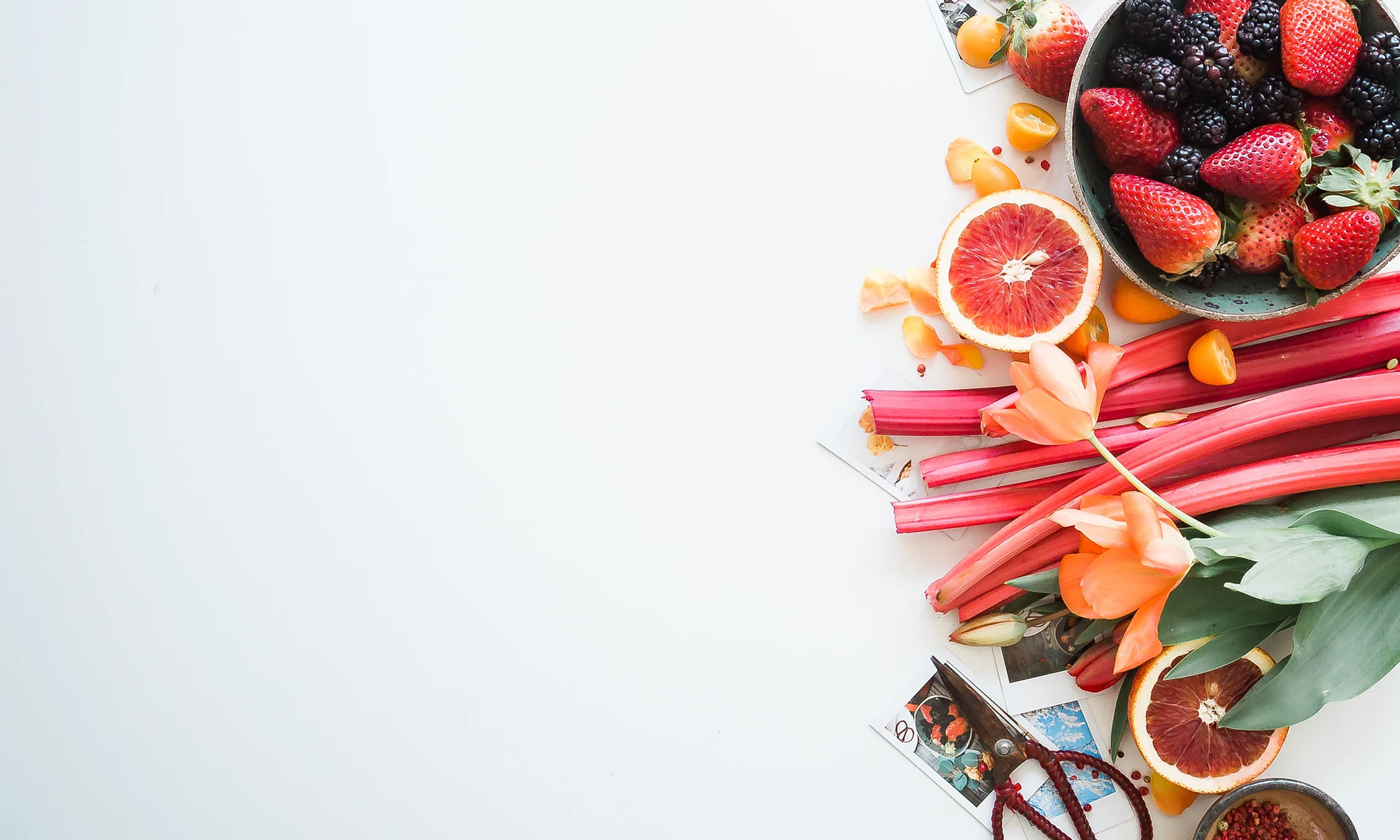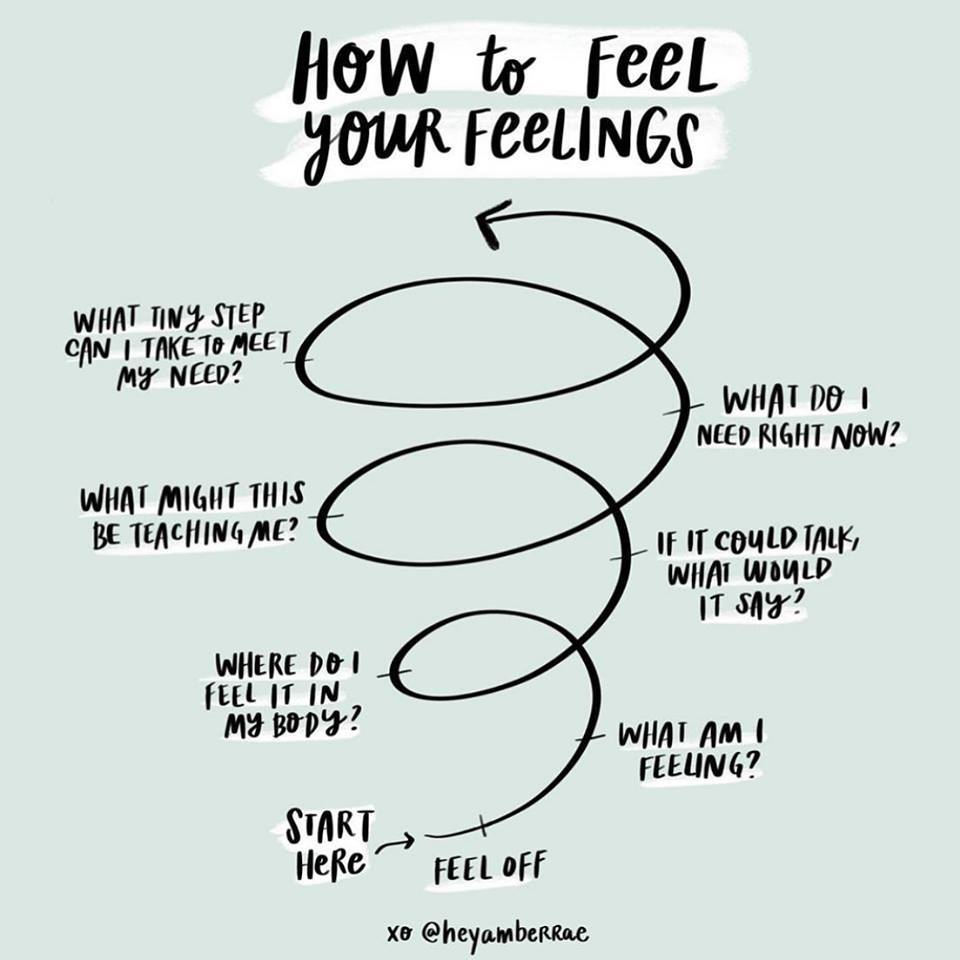f you're anything like me, you've felt like you've been on an emotional roller coaster since March. Let's break this down for a minute. First it was COVID-19 and all that came along with that. Now it's the justifiable protests over the George Floyd murder. And, if all of that isn't enough, we are all starting to come out of our 10 week-ish hibernation from the horrific COVID-19. Wow, right?!
Would you agree that there is a lot going on right now?
For the first time in many weeks, I woke up on Monday morning feeling emotionally depleted.
When I reflected on my week, I realized that I was putting more effort into my reflection work, learning and researching than I was into my self-care. I now see that if I want to feel better and remain sane, something has to change. In an effort to right the wrongs in the world, I was trying to consume lots of information in a short period of time. I was reminded that this isn't a race but a marathon with no official finish line.
This applies to our intuitive eating practices too! If we remain open and honest with ourselves, we can always be in a place of learning. As we grow and age, we will always have new things to explore about our bodies and about our eating practices because growth and age change us, and they are supposed to. Staying open to this concept is what makes acceptance possible.
Now more than ever self-care must take a front seat. As @glowmaven said so well, "Self-care is critical to restore ourselves and to move past survival mode and into thrive mode." As humans, there is a lot coming at all of us all the time! The way to shield ourselves from it so we don't feel depleted is to ensure our self-care "batteries" are continually being charged. I'm sharing a few tips to help make this easier:
Create boundaries around social media and the news
If you're one who is easily sucked into the social media vortex (which I am guilty of sometimes!), literally set up time parameters around it. To help with this, set timers on your cell phone that cue you to get off Facebook or _________ (insert social media or news cast here) once the timer goes off. And no snoozing the alarm! If you have a timer on your oven or a standalone timer, you can set that timer for X number of minutes. I like this idea because it forces you to get out of your seat to turn it off!
Keep asking your body what it needs
This is always imperative to thriving with your intuitive eating practice and with your body image work. It's not possible to improve your relationship with food or with your body if you don't know what it needs So, if you need to set timers on your phone to remind yourself to do a quick body scan to check in with yourself, do it. Over time, this will become more organic so you may not need the reminders so much or at all going forward.
Lean into the emotional discomfort with more self-compassion
In regard to the #BLM movement, many of us are realizing that things that we've been doing or saying have possibly been hurting others. Heck, as a Brown, middle-aged woman who has been active in social justice circles (and this work is social justice minded) for a while now, I still have and always will have biases which are normal and part of the human condition. Guess what, you do too. This is hard to swallow but it's necessary in order to grow, move forward and hopefully be a better ally and role model for others. The way to manage this is to load up on the self-compassion and forgive yourself because that's the only way to remain open and avoid spiraling into a shame and blame cycle.
Go at your own pace and beware of comparing
This is always good advice and applies to intuitive eating, body image work, social justice work, etc. We all have our unique journeys with incredibly unique circumstances. And, in all of that, some also have trauma that they are trying to understand and heal. All that affects our ability to learn, cope and respond in an effective manner. So, go easy on yourself and do your best not to compare your journey to anyone else's now or ever.
Step away when you need to
Give yourself permission to step away from anything that is causing you anxiety, making you lose sleep, or affecting your mental health, etc. I don't think that means you need to step away from anything that makes you uncomfortable, but it does mean that instead of internalizing it, you can get curious about it instead. However, you are in charge of your body and you have to do what you feel called to do. If you find yourself retreating more than you'd like to, I invite you to consider the reasons why because I believe that's likely where the growth opportunity is.
Take a break to laugh!
Now that things are loosening up and many states and countries are allowing some small gatherings, if you're comfortable going out, try to make time to be with loved ones and friends that lift you up. This is a great way to recharge your battery so you can keep being the fabulous person you are. Also, on a side note, I just discovered TikTok and when I need a giggle break, that's where I go for a good laugh!Do your part and trust that it is enough
Be realistic and acknowledge that there is only so much one person can do. Imagine how we could all benefit if everyone did just a little bit to acknowledge their privilege, biases, etc. ? The point is that what may seem “little” will add up and ripple throughout. If we believe that the “little” we are doing isn’t “enough” we may retreat and do nothing. I’m sure you would agree that’s not the answer. So, do what you can when you can and remain open to what is being presented to you. If it shows up for you, consider that it may be an invitation from the universe to look more closely. Refer back to tip #5 above for more on this.
Hang out with us for support
If you're not already part of my online Facebook community, join the No-Diet Sisterhood and follow me on Instagram. There is so much to learn on social media if it's managed properly (refer back to tip #1 above).
Your turn...
How are you doing with the recent events?
Has your self-care suffered during COVID and over the past two weeks?
Wherever you are and whatever you're feeling, I sincerely hope that some of these tips are useful for you.
Was this message helpful?
If you appreciate the work that I do, you can support my ability to do more of it by making a one-time donation or a recurring donation. I also accept Venmo payments @AntidietCoach. Thank you in advance for your support.




